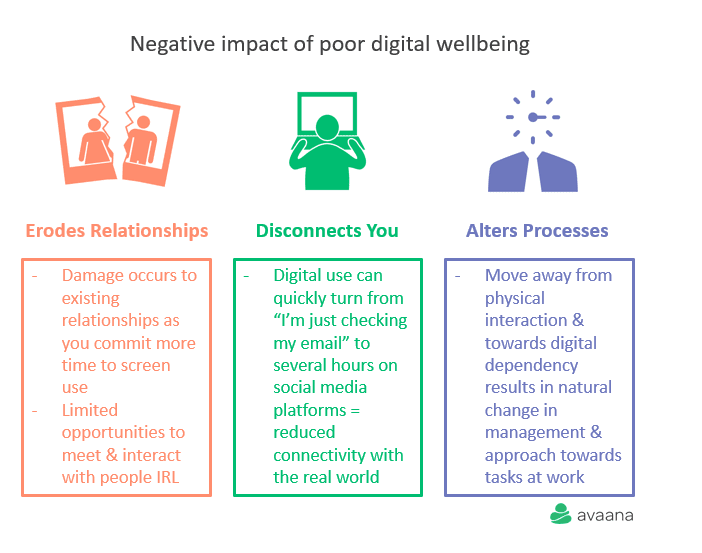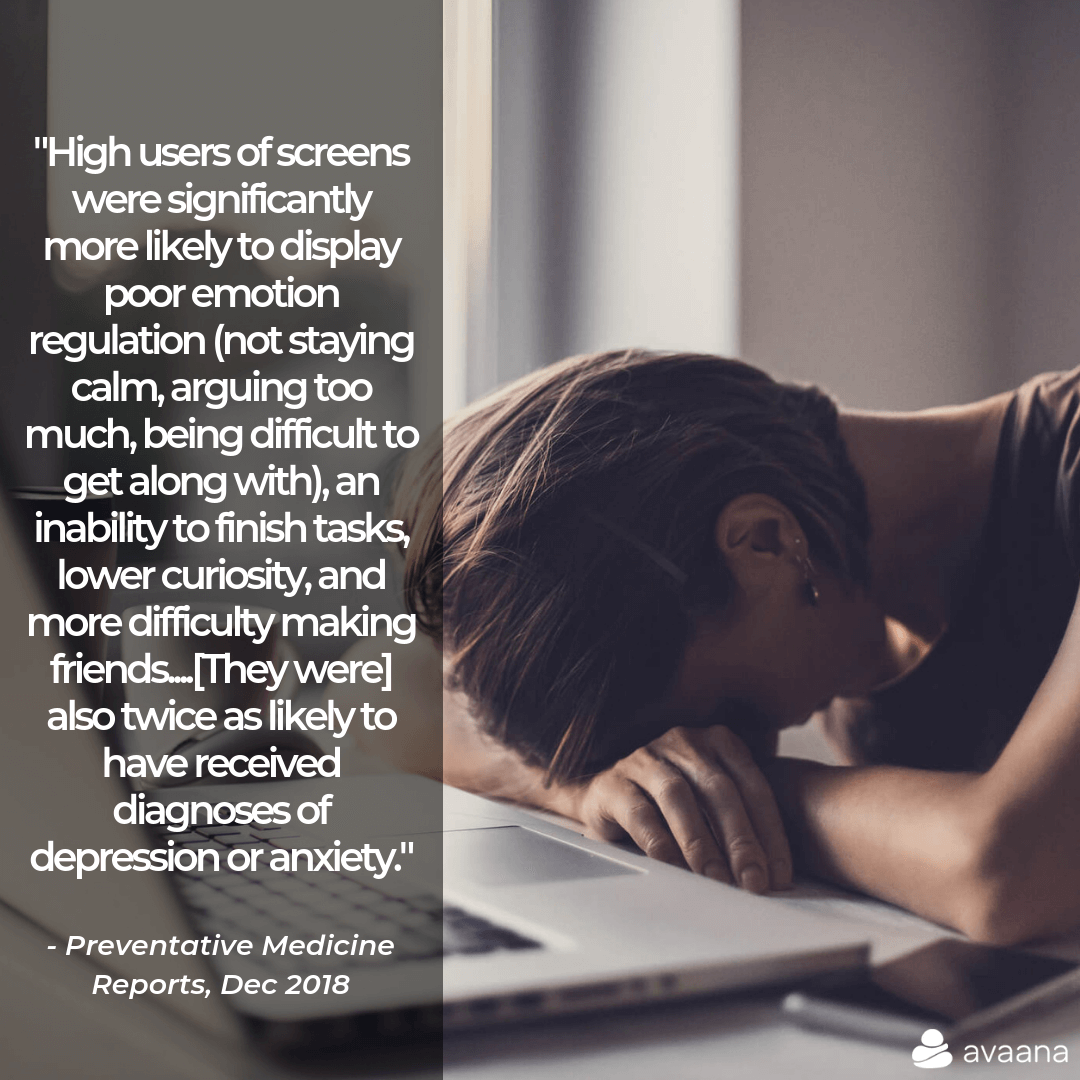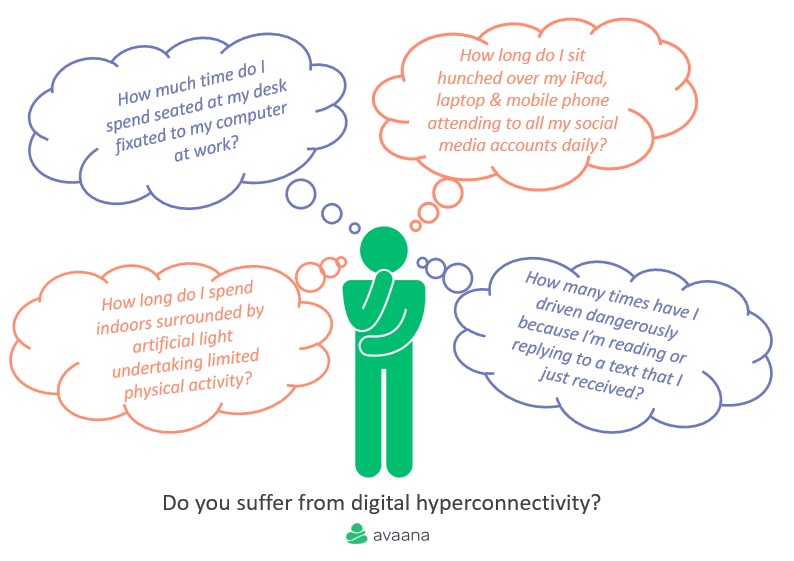FOMO, or the ‘fear of missing out’, has become a staple in our conversations and thought processes. That should come as no surprise to most. In this social media age, we want so desperately to be seen and to be heard (and to be seen the most and heard the clearest even if it means going to drastic measures) to ensure we don’t miss out. Our FOMO is so great that many of us spend hours each day – yes, several hours – glued to our screens. This addiction to liking, commenting, sharing, snapping, tweeting and so much more makes it almost impossible to pull away from our daily screen time. But what if I told you despite these virtual and societal pressures, there’s a growing trend called JOMO that could be the answer?

WTH is JOMO?
JOMO is the antithesis of FOMO and stands for the ‘joy of missing out’.
While FOMO takes us on a life journey where we rarely live in the moment, JOMO allows us to practice mindful living. Similarly, while FOMO has us constantly stressed and worried when it comes to whether we are wearing what’s on trend or eating whatever superfood is trending, JOMO allows us to appreciate and be happy with what we have and who we are. So JOMO is essentially about being present and content with where we are at in life.
Additionally, JOMO allows us to shrug off that guilty feeling we have when we say we can’t go to an event, sign up for classes with a friend or reply to the constant barrage of emails received at work as and when we receive them. The joy of missing out is just that – the joy of doing what you want to do and when! You can reclaim that time for yourself, simply breathe and practice true self-love and self-care. You can feel free and happy again.
Benefits of JOMO
There are several benefits to a JOMO way of life. These can be broken down into digital wellness, mental/emotional wellbeing and physical health.
1. Digital Wellness
As mentioned above, the benefits of JOMO include the promotion of ‘digital wellness’ or ‘digital wellbeing’. Essentially, we aim to create a balance between screen time and actual real-life interactions and relationships. This is particularly important in today’s digital world when technology built to help us is ironically increasingly disconnecting us.JOMO is the antithesis of FOMO and stands for the ‘joy of missing out’.

It’s also worth noting that self-imposed isolation in favour of social and digital media gratification can have horrible consequences. For example, with increased anonymity online bullies, cyberstalkers, catfishers, and trolls can prey on susceptible people. If you have poor digital well-being you may find it particularly unbearable to deal with these situations as you are isolated and without a sufficient real-life support system.
Subscribing to the joy of missing out helps us counter the negative aspects of poor digital well-being so that we can reclaim our lives as our own once more. It also promotes a more social, supportive network.
2. Mental and Emotional Wellbeing
The benefits of JOMO also extend to improving mental and emotional well-being. This is because you forgo digital commitments for those things you love and want to do. Additionally, being outdoors, breathing properly and getting exercise help to counter the negative mental impacts propagated by a sedentary and screen-time-heavy lifestyle.
A recent study found that psychological well-being was substantially lower for people who spent seven or more hours of screen time daily compared to those who only had one hour of digital use. In fact, those engaging in poor digital wellness practice were poor performers across several well-being measures including self-control, relationships and emotional stability. These individuals also had a greater incidence of anxiety and depression.

A JOMO lifestyle can also help counter increased stress, decreased mental acuity, and procrastination.
3. Physical Health
Think about the amount of time you dedicate to your social media accounts. Now think about the time you spend replying to all those emails, texts and notifications with great urgency. How much time do you spend on total committing to your digital addiction? You might even surprise yourself when you do the maths!

People who live an increasingly sedentary lifestyle have increased incidence of:
- text neck from looking down at their phone for prolonged periods of time. This is because the natural curve of their spine and neck changes causing aggravating neck, shoulder and lower back pain
- developing chronic diseases and obesity
- other injuries from prolonged digital use such as headaches, postural issues, vision problems including digital eyestrain and joint or muscle injuries
Following the joy of missing out philosophy you can avoid these physical conditions and injuries. In fact, reducing your digital use and using that time to focus on self-care and self-love can help improve longevity and your health.
FOMO no mo’
So what can we do to subscribe to a more mindful way of living and counter our FOMO which leads to our hyperconnectivity?
Firstly, it’s important to acknowledge that it is impossible to go cold turkey when it comes to digital use (no one expects that of you anyway). In today’s world, the reality is that we can’t function without technology.
Secondly, you must take stock of how much time you dedicate religiously to digital activity.
Thirdly, you must acknowledge you have a problem. If you don’t, then nothing will change. This is often the hardest thing step, but once you acknowledge the problem you can act on making a change.
Ensuring digital wellbeing
Here are some handy tips to help you improve your digital/life balance…
 Schedule breaks that you follow through with
Schedule breaks that you follow through with
This is particularly useful if you’ve noticed there are large lapses in time regularly. Rather than getting sucked into a vortex, get up and away from your screens. So instead of checking your LinkedIn account after an email notification alerting you of a new connection, which inevitably leads to you looking up every suggested new connection and connections of connections, get up and walk away! If you don’t, hours can pass causing you to miss out and for your relationships to fall behind.
 Remember you don’t need to be digitally available all day, every day
Remember you don’t need to be digitally available all day, every day
It’s okay to not have your phone or laptop on you at all times. It’s okay not to be connected 24/7. The world won’t stop. You won’t die, even if you feel like you’ve lost a limb while you get used to this. You can start by taking small steps. For example, my partner and I don’t take our phones when we go on walks. In this way, we are ensuring that we spend quality time with each other, and our puppies while we practice mindful living. Embrace that technology-free time and breathe!
 Manage third party expectations of you
Manage third party expectations of you
It’s important not to set a precedent at work, or in life generally, that you are always available – digitally or otherwise. Not everything needs an urgent reply (which inevitably results in 20 more replies that further drain you physically, mentally and emotionally)! It’s not selfish to prioritise your time and needs. It’s not selfish to practice self-love and self-care.
To manage third-party expectations better you could avoid replying to all your emails, texts and other social media notifications immediately. This can be uncomfortable at first especially as we are conditioned to do the opposite, but in time you will reap the rewards. This includes less stress and anxiety, a more productive lifestyle and actual work/life balance!
 Set boundaries for yourself
Set boundaries for yourself
When you start to feel you’re going down the digital rabbit hole again, be aware and stop yourself. So for example, if you notice that liking one Instagram post has led to one hour of likes and comments, STOP! Go for a walk, get some exercise and don’t spend too much time exhibiting sedentary behaviour. The Department of Health recommends that Aussie adults get at least 150-300 minutes of moderate-intensity physical activity per week and muscle-strengthening activity done at least twice a week.
A JOMO way of life is about embracing each and every moment in your life. It has so many physical, mental and emotional well-being benefits that not subscribing to it simply doesn’t make sense. Just remember, at the end of your life, you won’t be thinking about whose post you didn’t like. You will be thinking about all the things you could have done. So avoid those regrets! Live in the now – be happy and do what you want to do now while you still can!



